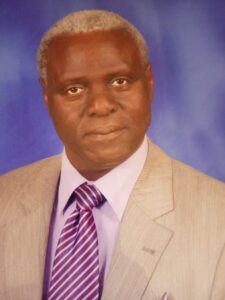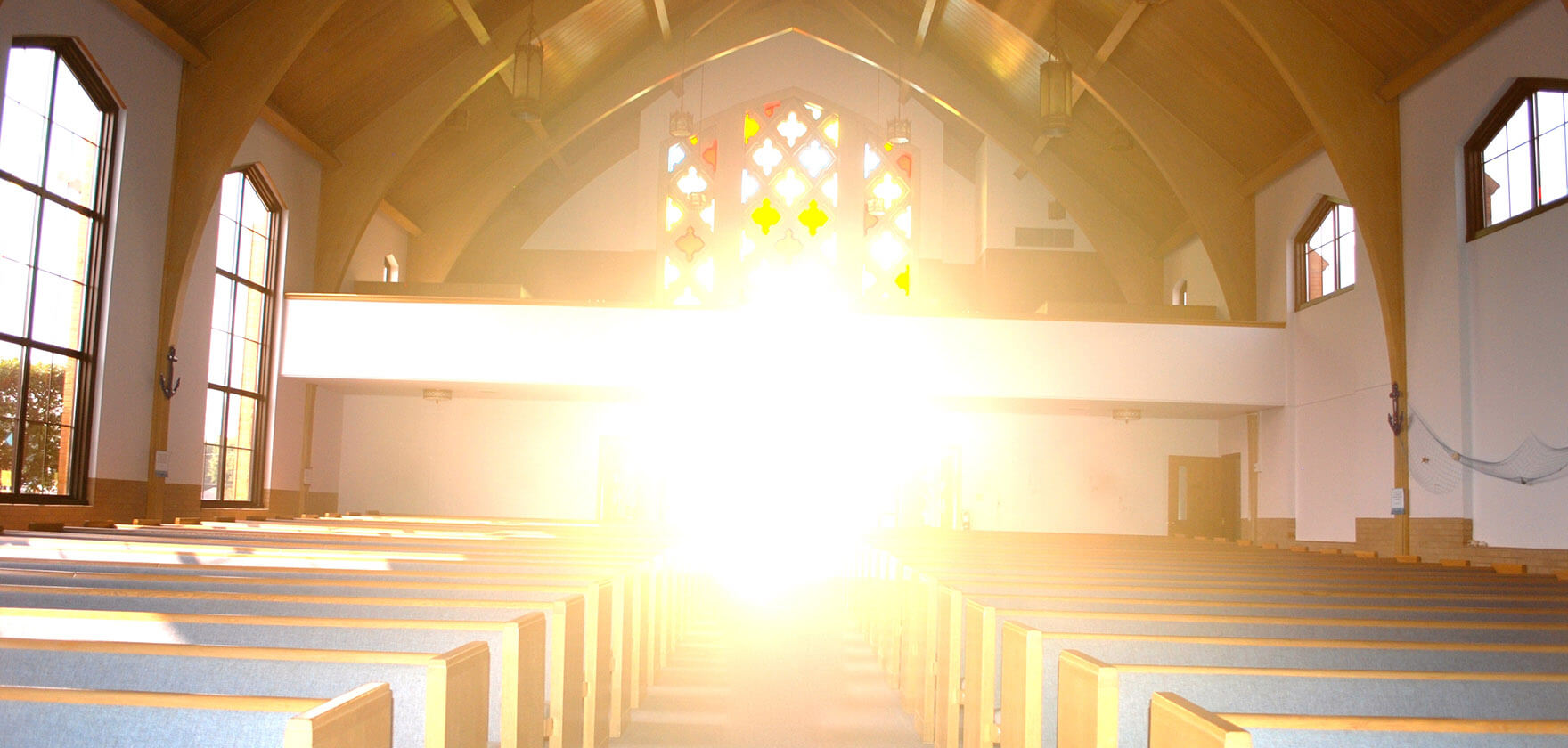The historical impact of the church in transforming, developing, and changing society cannot be gainsaid. There is a need to appreciate how the church in selected periods in history, mainly in the reformation era, worked towards the transformation of society and communities in Europe. It is clear that in the early church the apostles of Jesus Christ functioned within the society in which they were found conscious of their missional responsibilities. There is no question that the socioeconomic and political factors of the day did influence the teachings of Jesus and his disciples.
In taking sides with the poor, Jesus attacked the Pharisees and Sadducees for their self-indulgence and greed (Matthew 23:25-33). These people were known for their oppression and exploitation of poor peasants in Jewish society. As such, the Jewish society was conditioned by social and group distinctions that made it rely on the continued practice of slavery. Evidently, the preaching of Jesus preaching about the Kingdom of God made it abundantly clear that God took seriously the concerns of the poor and needy in society. Christ’s message of the Kingdom’s Good News pointed out that the poor would be blessed in the realization that the Kingdom of God was theirs (Luke 6:20-26). In this sense, the message about the arrival of God’s Kingdom clearly contained seeds of economic revolution and social reversal. Therefore, preoccupation with the transformation of society was of missional essence in the life of the early church. We should, however, note that this radically changed when the church grew and expanded beyond the borders of the Graeco-Roman frontiers.
Today in the twenty-first century, the question is; has the church lost its voice by becoming a political tool, or have we become too partisan to undermine its missional essence?
A great deal of emphasis seems to be placed on the role of the church as a transformation and change agent and rightly so. However, social transformation is not a new concept since spiritual transformation has a catalytic effect on the former. It needs to be understood that throughout the ages, the church has been involved in the life of humankind, catalysing better forms of statecraft in making people’s sense of nationhood, building a national culture, structuring society with its functions and institutions, and shaping the form and quality of political systems based on the understanding of Proverbs 29:2 that says: “When the righteous are the rule, the people will rejoice: but when the ungodly rule, men mourn”.
It may be, as well, be asked; what are the major elements of the church’s declining influence? For sure, Kenyans have had mixed reactions to church leaders’ utterances during the current period of the 2022 elections. It has been stated that what Kenya needs is not clergy in bed with politicians but one, in view of its missional essence, to be able to boldly speak up against the state and hold political leaders accountable on both sides of the divide.
Indeed, there has been an ongoing debate in the months preceding the elections about the hefty cash donations politicians have been making to churches and individual clergymen in Kenya. There have also been debates about the impact of money on the relationship between the church and the state, and about the political class co-opting church leaders. A lot has been said about state capture by private interest groups. Is it a legitimate argument to state that there has been a capture of the clergy by the political elites in Kenya? Would such a capture be described as Christlike?
An emerging Christian nationalism generated by the politicization of the clergy inspired by populist politics is unfortunate. Money has a corrupting effect and it has been blamed for this emerging trend. A large section of evangelical leaders in Kenya, for example, have demonstrated support for populist politicians. In Kenya, money, ethnicity, and religion have apparently taken centre stage in the national politics preceding the 2022 elections. One of the presidential candidates has caused a furore over the millions of shillings he has been donating to the churches. He has sought to create an image of himself as a God-fearing generous giver, as demonstrated in the many churches he has visited, the questionable source of the money donated notwithstanding. Many have deemed this as driving wedges among believers. Kenyan spiritual leaders should now see this as a good time to find the balance between spiritual devotion and political fervour. How do we navigate the stormy political waters walling around us in Kenya?
Obviously, there is a gigantic difference between believers who are involved in politics and believers who may be identified by their political position. Apparently, our larger problem today is not that too many Christian believers are unconcerned with political matters but that too many so-called believers are consumed by them. It is wrong for spiritual leaders and their flock alike to be consumed by politics. There is a big problem with there being too much politics in our churches and pulpits.
It should be pointed out that such politics distorts our sense of identity as Christian believers.
It is legitimate that we may be persuaded by a certain political viewpoint. But when it becomes our worldview and when it shapes our reading of Scripture and view of reality, we can forget we are children of God, set apart, to be holy as God is holy. That is where the problem is. Are we more confident in our political positions than our identity in Christ? Are we primarily Azimio or primarily a Kenya Kwanza and happen to call ourselves Christians? Or are we primarily Christians who happen to be Azimio or Kenya Kwanza? Beloved, if we believe God has all the same opinions as our political parties, we probably are not worshipping God. Therefore, our identity has been stolen. We need to know that a perverse spirit of politics virtually destroys our witness.
It is wrong for church leaders to become pawns in the hip pocket of political party leaders. The result will be the creation of a generation of people who want nothing to do with Christianity. The problem is not Jesus or Christ’s church. The Christ-centred trait that believers ought to exhibit in the political arena is meekness. But the so-called Christian politicians seem to exhibit an apparent arrogance of power. They hardly subject their political passions and rights to a missional sense of purpose in order to preserve their witness for Jesus Christ to unbelieving friends. If engaging in, often needless, political quarrels and rigmaroles primarily identify leaders by their politics may have unintentionally led to the loss or severely diminish their Christian witness.
The highly conflictual social climate generated by politics tends to bring out aggressiveness in people that run contrary to their required Christian demeanour. It is evident among Christians on social media who insist they are right before first weighing whether it is wise or helpful to say it. Can we choose to subordinate our political opinions so that we can prioritize our witness?
It is time to remember who is watching and who is listening in order to strengthen our Christian witness. Perverse politics distract us from our mission. Jesus has given us things that tower above all other priorities, these include: “Seek first the kingdom of God”, “Go and make disciples of all nations”, “Love the Lord your God with all your heart, soul, mind, and strength” Therefore when we get caught up in making everything political, we forget we have much larger priorities. As such, when we dabble in the political realm to a distracting degree, it pulls focus and energy off our essential mission in life.
When pastors preoccupy themselves with posting political pronouncements, one wonders if they realize their political views likely are what they are known for. You can have only one main thing. Why should church leaders refrain from taking a public stance for a candidate or aligning with a party or political position? Is it because we are weak and timid, afraid of standing up for the truth? No. Is it because we do not believe Christians should have a political opinion? Again, is it because we hate conflict or cannot stomach debate? The reason churches should not align with a candidate or take a partisan perspective is because we have been given a much higher calling. We must not, therefore, do anything that prevents us from executing our God-given mission. When you are a Christian and a pastor if you make it clear that you are such and such a candidate’s supporter, you need to know that you have immediately forfeited your ability to represent Christ to anyone who disagrees with you politically. That puts Jesus in the background and everyone who disagrees with you on the opposing side. You become merely one more droning voice among many, blending in with the news cycle rather than standing out as a proclaimer of God’s good news. This is the tragedy of politics.
Christians are not called to have their primary focus on political and other rights. What is your main thing a believer? If some Christians were as excited about the mission of Christ as they are about their politics, we would have a revival.
Paul said: “This, then, is how you ought to regard us: as servants of Christ and as those entrusted with the mysteries God has revealed” (1 Corinthians 4:1). We are stewards of the mystery. We do not own it, we just share it. And nothing is to get in the way of this. Only one thing can truly change the world, and that is Jesus. God has placed the gospel in our hands. We are not free to empty our hands of it to take up another tool.
Beloved, like it or not, a watching world is largely disgusted with what they believe to be the politics of so-called Christian leaders. We must not compromise on the all-important mission Jesus gave us by aligning with certain camps whether the left or right in a way that sends people on an off-ramp instead of on the road to Jesus. When someone comes through the doors of your church, they do not need to know where you stand on various political issues; they need to know where they stand with Christ. They need Jesus. He is the only source of healing and hope for the people of our country. It is time to remember the main thing and stay focused on our mission.
Sadly, for we who are so-called Christian leaders, the one thing that will likely be most evident is the long-term damage we have done to our Christian witness. One would wish that more of our Christian colleagues would have spent at least as much time sharing love, spiritual truth, and the message of forgiveness and hope in Jesus Christ as they did weighing in on their favourite political candidates. Unfortunately, politics is poisoning the church. The church is being poisoned when pastors use their pulpits to spread political disinformation.

Senior Pastor,
Divine Grace Ecclesia,
King’eero, Lower Kabete.








Quite an eye opener for all to see and understand as minister where we stand and direction that we are taking. Our stand today’s gives us direction which route we shall take. What we sow now is reaped in future. Thanks so much prof for this article.